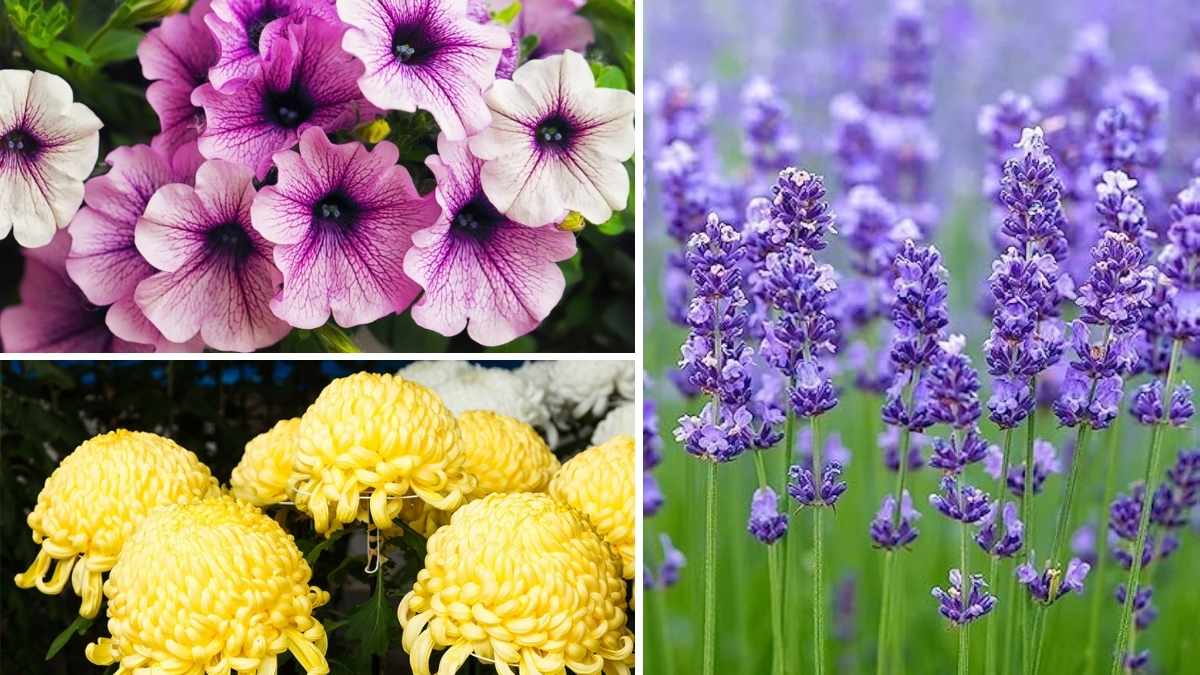A beautiful garden is every nature lover’s dream, but when insects invade, it can quickly turn into a nightmare. Chemical pesticides might seem like the easiest solution, yet they can harm beneficial insects and pollute the environment. The good news is that nature offers its own remedies. Certain plants naturally repel pests, keeping your garden healthy and vibrant without harmful chemicals. Let’s explore the top ten bug-repelling plants that can help you maintain a naturally protected garden.
1. Lavender
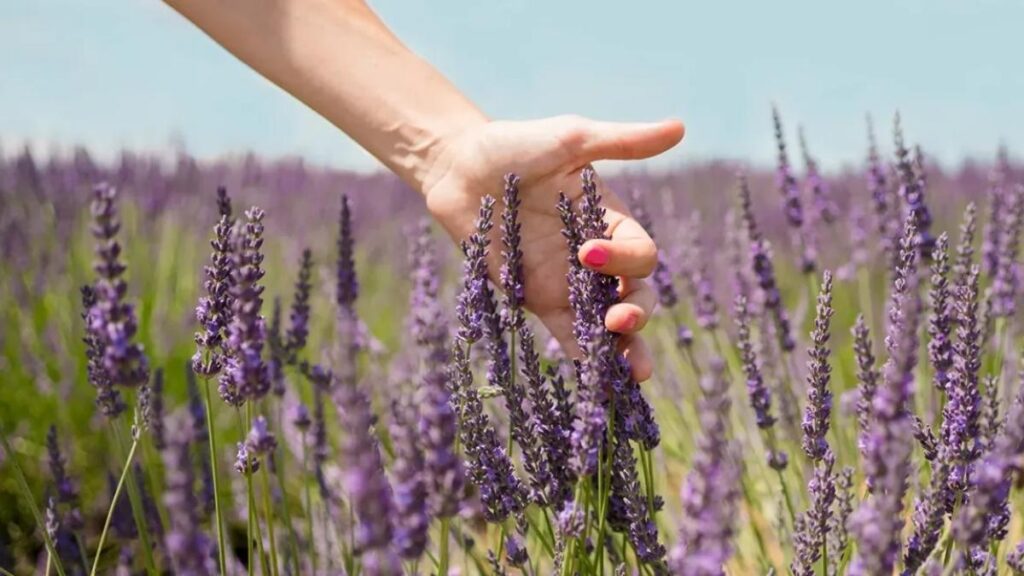
Lavender is more than just a pretty plant with a calming scent. Its strong aroma is highly disliked by mosquitoes, moths, and fleas. Planting lavender around the borders of your garden or near sitting areas can keep these pests away. Lavender grows best in sunny spots with well-drained soil. Apart from being a bug deterrent, it attracts bees and butterflies, adding life and color to your garden. You can also dry lavender flowers and place them indoors to repel insects naturally.
2. Marigolds
Marigolds are one of the easiest flowers to grow and are known for their bright colors and powerful pest-fighting abilities. They produce a substance called pyrethrum, which is commonly used in insect repellents. Marigolds help keep mosquitoes, aphids, and nematodes away. Plant them near vegetable patches or garden borders for maximum protection. Their vibrant blooms also make your garden look cheerful and inviting throughout the season.
3. Basil
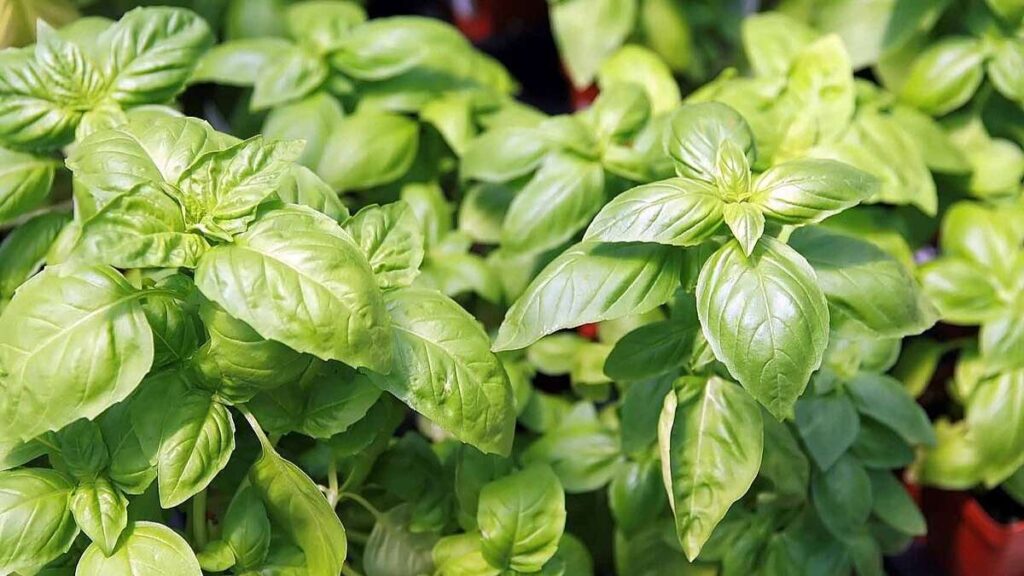
Basil is not just an essential kitchen herb; it’s also a great mosquito and fly repellent. Its natural oils have properties that keep bugs at bay. Basil thrives in warm weather and requires plenty of sunlight. Place pots of basil near doors, windows, or outdoor seating areas to reduce insect activity. You can even rub basil leaves on your skin for a quick, natural bug repellent when you’re outside.
4. Rosemary
Rosemary is a hardy herb that grows well in both garden beds and pots. Its woody scent deters mosquitoes, flies, and cabbage moths. If you have a vegetable garden, rosemary can help protect your crops. It grows best in sunny areas with well-drained soil and can also be trimmed into decorative shapes. When burned, rosemary leaves release a pleasant aroma that repels insects, making it perfect for outdoor gatherings.
5. Mint
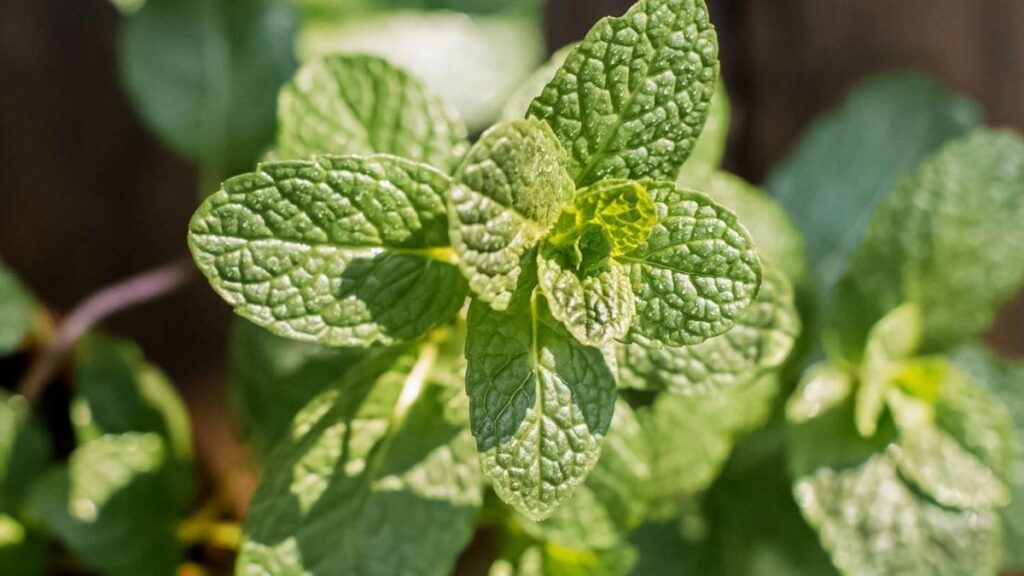
Mint is a refreshing herb that doubles as a natural bug repellent. Its strong scent drives away ants, mosquitoes, and spiders. However, mint spreads quickly, so it’s best to grow it in containers to prevent it from overtaking your garden. The leaves can be crushed and rubbed on your skin to keep insects away during outdoor activities. Mint also attracts pollinators like bees, making it a useful addition to any garden ecosystem.
6. Lemongrass
Lemongrass is famous for containing citronella, one of the most common ingredients in natural mosquito repellents. The plant’s citrus fragrance masks scents that attract mosquitoes. It grows best in warm climates and full sun, adding a tropical touch to your garden. Lemongrass can also be used in cooking, especially in Asian dishes, offering both beauty and practicality.
7. Chrysanthemums
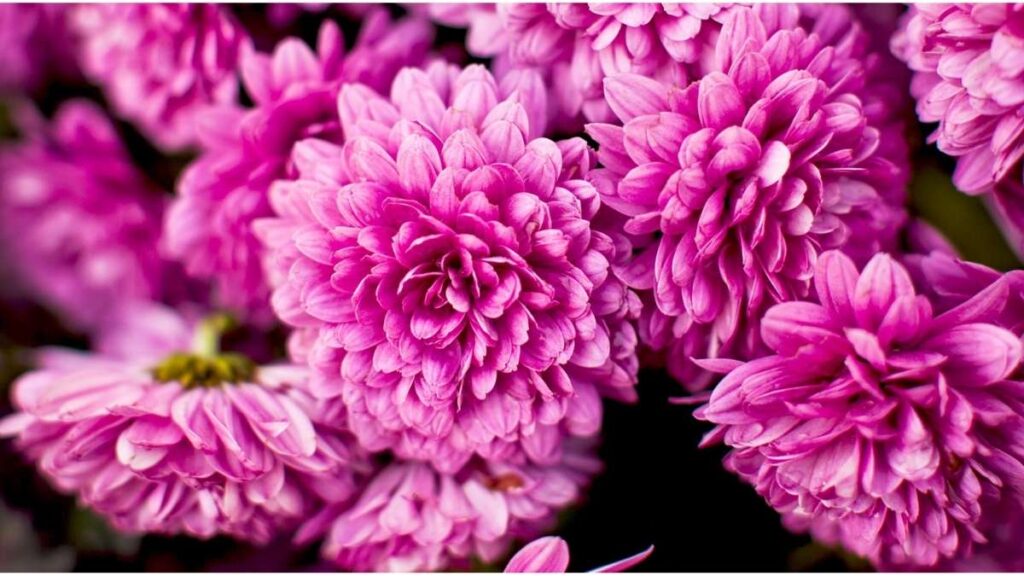
Chrysanthemums, or mums, are not just ornamental flowers; they contain pyrethrin, a natural compound that repels ticks, fleas, and roaches. These colorful flowers add beauty to your garden while keeping pests away. Plant them near windows, doors, or the edges of your garden beds for the best effect. They thrive in sunny locations and can bloom for several months, offering long-lasting protection.
8. Catnip
Catnip is well-known for its effect on cats, but it’s also an excellent mosquito repellent. Studies show that catnip is even more effective than some chemical repellents. Its active ingredient, nepetalactone, keeps mosquitoes and other insects away. However, if you have cats, be prepared for them to visit your garden more often. Catnip grows easily in most soils and requires minimal care, making it a practical addition to a natural pest-control garden.
9. Petunias
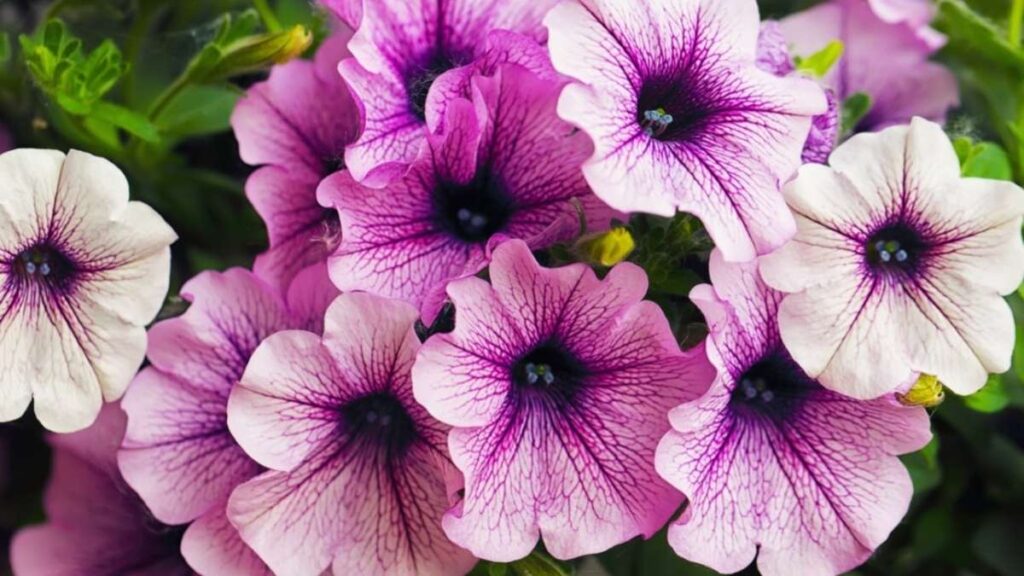
Petunias are colorful annuals that act as natural pest fighters. They repel aphids, tomato worms, beetles, and other harmful insects. Petunias thrive in sunny spots and are often used as companion plants for vegetables like tomatoes, peppers, and beans. Their cheerful blooms not only add charm to your garden but also serve as a barrier against unwanted bugs. Regular deadheading helps them produce flowers continuously throughout the growing season.
10. Garlic
Garlic is not just for flavoring food it’s also an effective pest deterrent. Its strong smell repels mosquitoes, aphids, and even rabbits. Plant garlic around your vegetable garden to protect your crops naturally. It grows well in most climates and needs little maintenance. You can also make a natural garlic spray by mixing crushed garlic with water and using it as a homemade insect repellent for plants.
How to Use These Plants Effectively
To get the best results from these bug-repelling plants, consider strategic placement. Surround outdoor sitting areas with aromatic herbs like basil, mint, and lavender. Mix marigolds and chrysanthemums among vegetables to keep pests from attacking your crops. Growing lemongrass and rosemary near entryways can help reduce mosquito presence around your home. Regular pruning and healthy soil maintenance also ensure the plants remain strong and effective in warding off insects.
Final Thoughts
A pest-free garden doesn’t have to rely on chemicals. Nature already provides everything you need to maintain balance. By planting these ten bug-repelling plants, you not only protect your garden but also create a greener, more sustainable environment. Each plant contributes its own charm and purpose, from the fragrance of lavender to the vibrant color of marigolds. With a little planning, your garden can stay beautiful, healthy, and naturally free from pests all year round.
